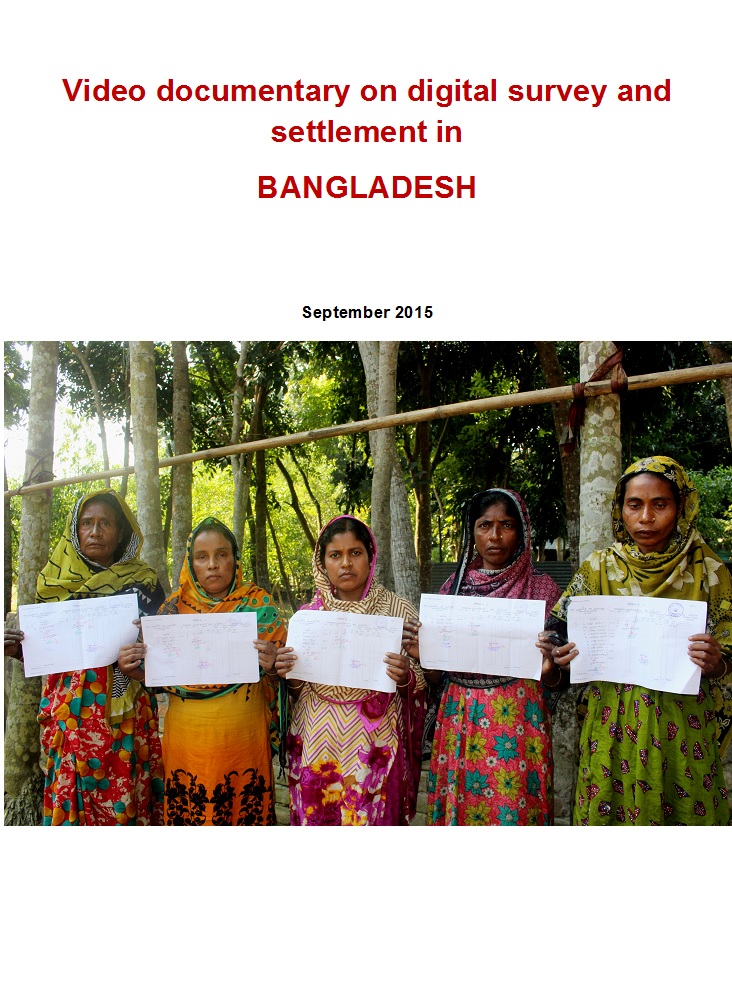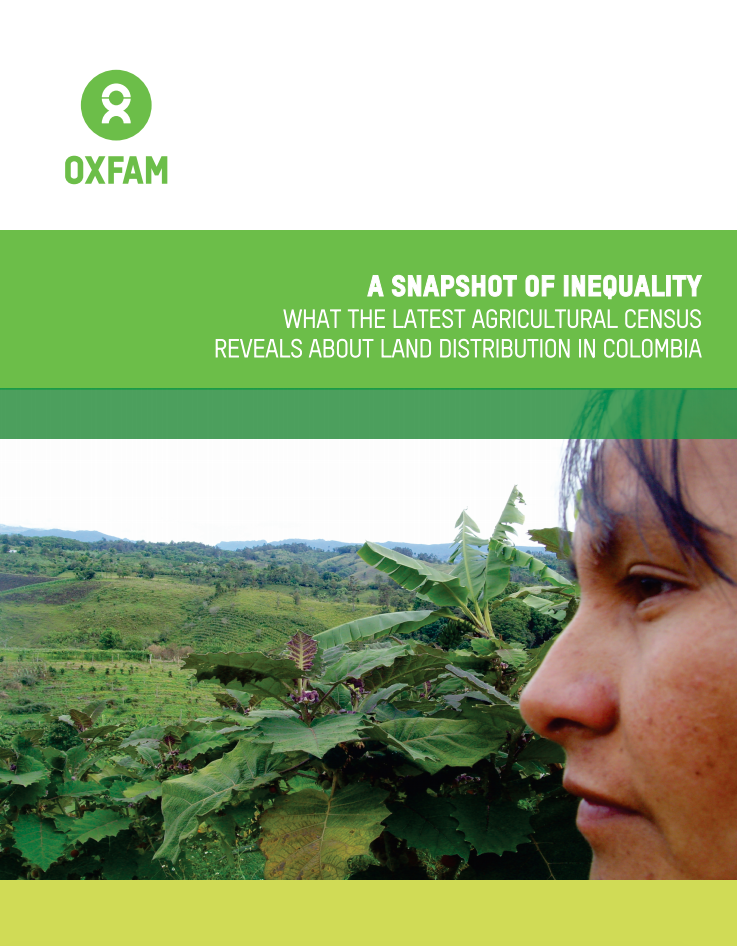Les femmes et le droit foncier - Sur un pied d’égalité
L’accès à la terre est indispensable pour produire de la nourriture et créer des revenus. C’est aussi un atout social et économique déterminant qui donne accès à l’identité culturelle, au pouvoir politique et à la prise de décisions. Les préjugés sociaux et culturels sont souvent responsables d’une discrimination à l’égard d’un sexe, d’une classe sociale ou d’un groupe ethnique.









